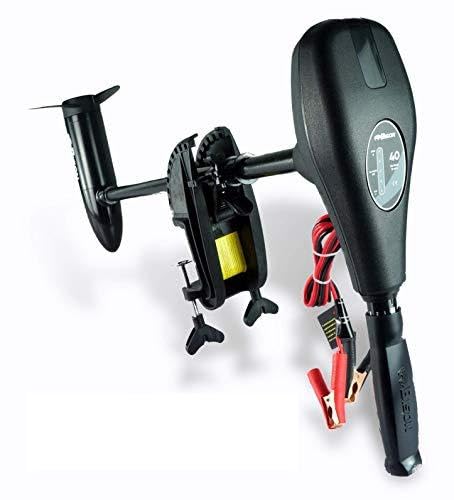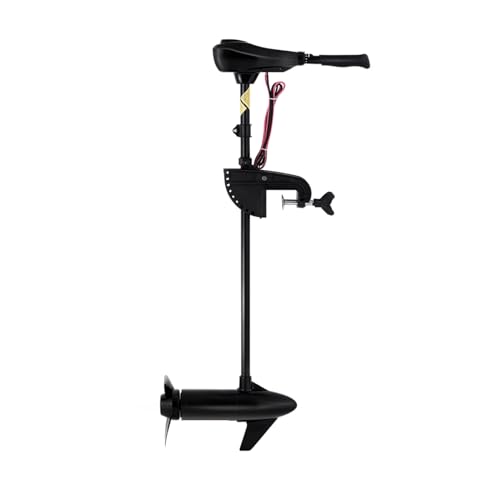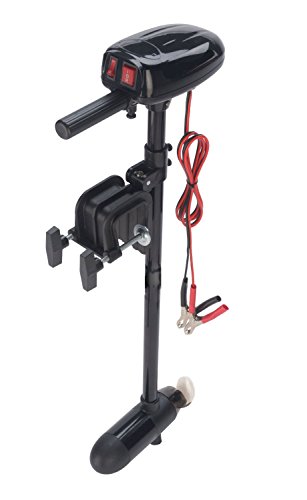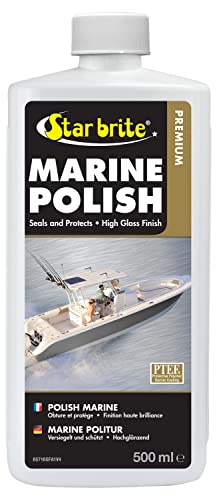Understanding Electric Outboard Motors: How They Work and Why You Need One
The Basics of Electric Outboard Motors
Electric outboard motors are a modern solution for powering boats without the noise and emissions associated with traditional petrol engines. They operate on batteries and use electric propulsion to move your boat through water. Imagine enjoying a peaceful day on the lake, surrounded by nature, without the distracting roar of an engine. That’s one of the main appeals of choosing an electric outboard.
Benefits of Going Electric
By opting for an electric outboard motor, you reduce your carbon footprint and contribute to cleaner waterways. These motors are generally quieter, which is perfect for fishing trips or serene family outings. Additionally, they require less maintenance than petrol engines. You won’t need to worry about oil changes or fuel contamination, giving you more time to enjoy your time on the water.
Key Features to Consider: Power, Battery Life and Weight
Understanding Power Ratings
When choosing an electric outboard motor, one of the first specifications to consider is the power rating, often measured in horsepower or kilowatts. This tells you how much thrust your motor can generate, which affects how quickly it can propel your boat. For smaller boats, a motor with 3-5 HP may suffice, while larger vessels may require 10 HP or more for optimal performance. Think about the type of trips you plan to take – will you need to tackle waves or travel long distances?
Importance of Battery Life
Battery life is equally crucial. A motor with a larger battery capacity will allow longer outings without needing to recharge. Consider how many hours you plan to be on the water and how far you’ll travel. If you often go on day trips, investing in a motor that can provide enough power for a full day’s adventure without dying mid-expedition is essential.
Weight Considerations
The weight of the electric outboard motor itself can also play a role in your decision. Heavier motors might offer more power but could weigh down smaller boats, affecting their performance. If you have a lightweight kayak or dinghy, look for a compact motor that balances power with portability, so you can easily mount and handle it.
Choosing the Right Size for Your Boat: Finding the Perfect Fit
Matching Motor to Boat Size
Finding the right size motor for your boat is critical for optimal performance. A general rule of thumb is to choose a motor with an appropriate horsepower that corresponds to the length and weight of your boat. For instance, a 10-14 foot boat might be well-suited to a motor with 3-5 HP, allowing for adequate speed and control. Always refer to the manufacturer’s guidelines to ensure you stay within recommended specifications.
Testing for Fit and Comfort
Before finalising your choice, it’s a good idea to test the motor with your boat, if possible. Look for a rental service or a demo day to see how the motor performs in real conditions. This real-world testing can provide insights into how comfortable and efficient your setup will be during your adventures.
Maintenance Tips for Longevity: Keeping Your Motor in Top Shape
Regular Checks and Cleaning
To keep your electric outboard motor performing at its best, regular maintenance checks are necessary. Inspect the propeller for any signs of wear or debris that may obstruct performance. Additionally, keeping the motor clean from saltwater or mud after every use can prolong its life. Simple cleaning can help prevent corrosion and damage.
Battery Care Tips
Caring for your motor’s battery is equally important. Ensure that you charge it according to the manufacturer’s guidelines, as improper charging can shorten the battery’s lifespan. Store your battery in cool, dry conditions when not in use, and avoid letting it fully discharge to keep it healthy longer.
Where to Buy: Our Recommended Retailers and Online Options
Finding Reliable Retailers
When purchasing an electric outboard motor, it’s essential to buy from reputable retailers that offer reliable products and good customer service. Look for stores that specialise in marine equipment, as they often have knowledgeable staff who can help you make the right choice.
Consider Online Options
Online shopping can also provide a wide range of options. Look for well-reviewed websites that focus on marine gear. Online reviews can give you insights into product performance and customer satisfaction, helping inform your decision.






























